Reju, a company specializing in textile-to-textile regeneration, has received the Environmental Award in the Sustainable Regeneration category in the 2025 Just Style Excellence Awards.
The Just Style Excellence Awards honor the most significant achievements and innovations in the apparel and textile industry. Powered by GlobalData’s business intelligence, the Awards recognize the people and companies leading positive change and shaping the future of the industry.

Discover B2B Marketing That Performs
Combine business intelligence and editorial excellence to reach engaged professionals across 36 leading media platforms.
Reju won the award for its innovative approach to regenerating PET found in textile waste to create a new product, Reju Polyester, fostering industry collaboration and building scalable solutions that support a circular economy.
Reducing textile waste through circular solutions
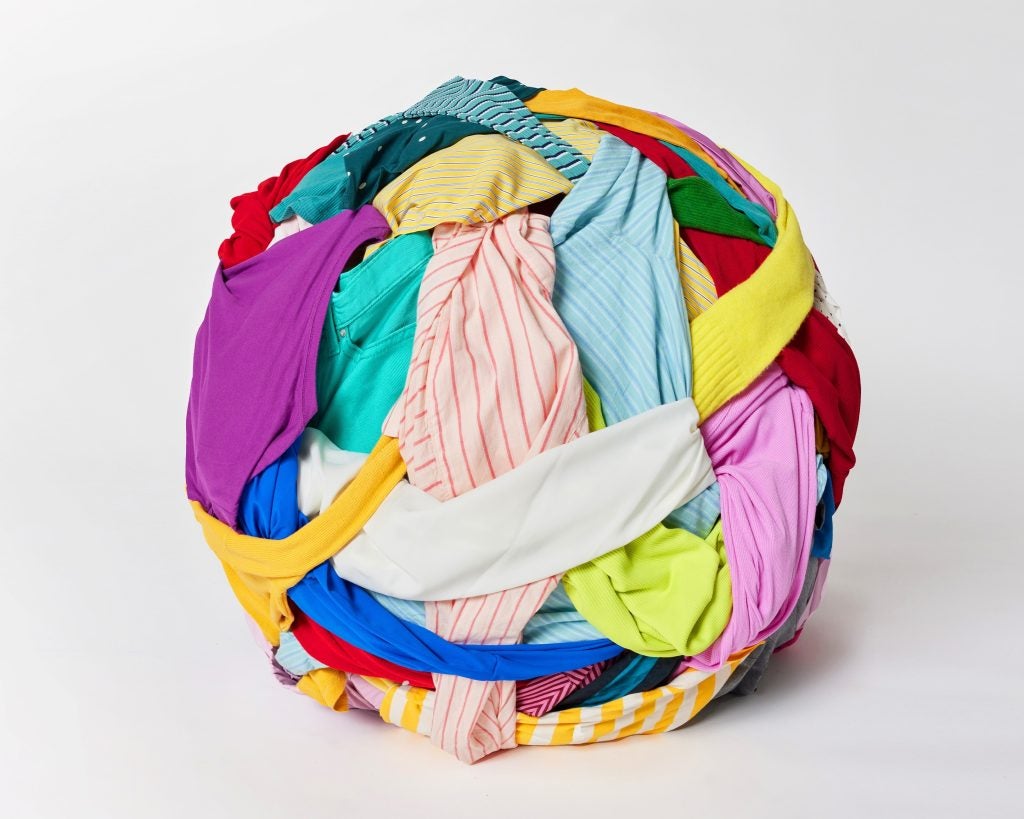
Reju aims to address the global challenge of textile waste, with less than 1% of discarded textiles currently recycled out of the 92 million tons produced annually. The company has developed advanced material recovery technologies and streamlined processes that enable brands and retailers to extend the lifecycle of garments, ensuring that textiles are repurposed rather than sent to landfills or incineration. Reju has collaborated with numerous companies to help them reduce their environmental footprint by facilitating the repurposing of thousands of tons of post-consumer and post-industrial textile waste.
Reju’s solutions empower industry stakeholders to embrace circularity by making it feasible to recover and regenerate post-consumer textile waste at scale. The company’s approach not only diverts waste but also encourages a shift in industry behavior, promoting responsible end-of-life management for textiles. By providing infrastructure and expertise, Reju enables its partners to participate in a circular economy, where textiles are continuously cycled back into production, reducing reliance on virgin resources and minimizing environmental impact.
Regeneration Hub Zero: Advancing sustainable textile systems
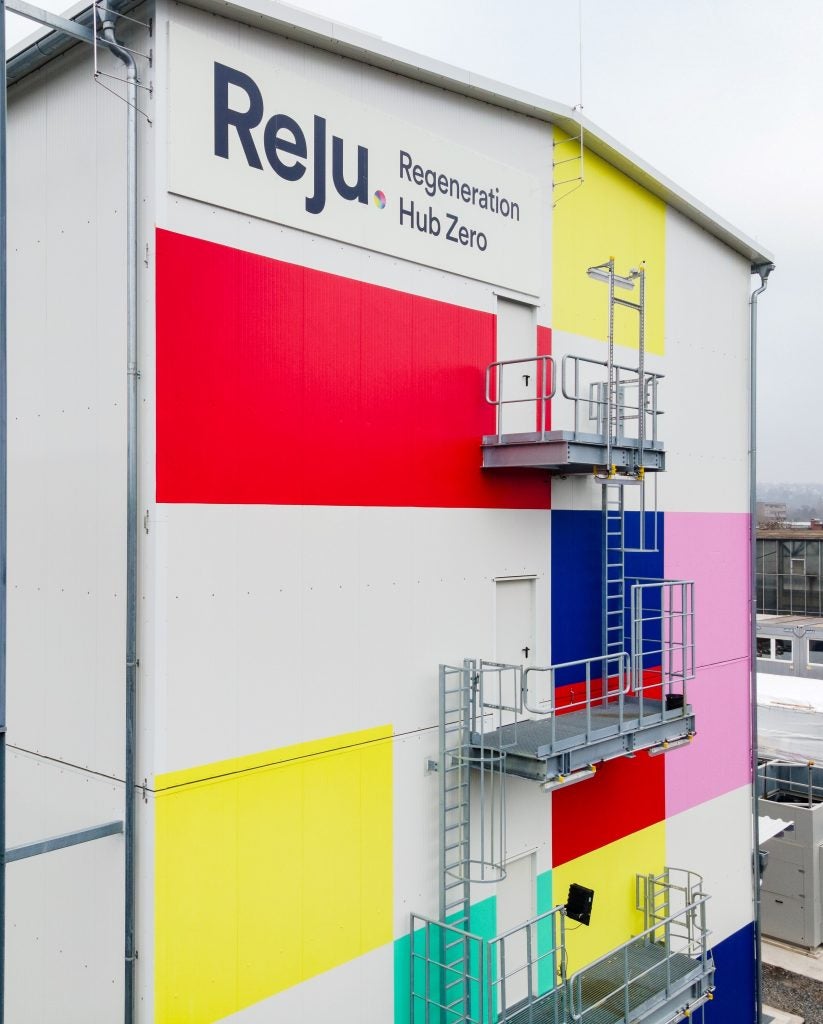
A central achievement for Reju is the launch of Regeneration Hub Zero in Frankfurt, Germany—its first textile-to-textile regeneration facility. This purpose-built hub represents a significant milestone, having been constructed in record time following Reju’s incorporation just 12 months prior. Regeneration Hub Zero is the demo plant for Reju’s future production, setting a new precedent for circular textile infrastructure.
The facility utilizes technology originating from IBM Research and is supported by the engineering expertise of Technip Energies, which brings over 65 years of experience and a global presence in 34 countries. This combination of proprietary technology and engineering know-how enables Reju to recover, regenerate, and recirculate textile waste efficiently and at scale. The output, originating from textile waste, will be transformed into Reju Polyester with 50% lower carbon emissions than virgin polyester. This means that the same material can be recycled repeatedly without degradation, supporting a closed-loop system.
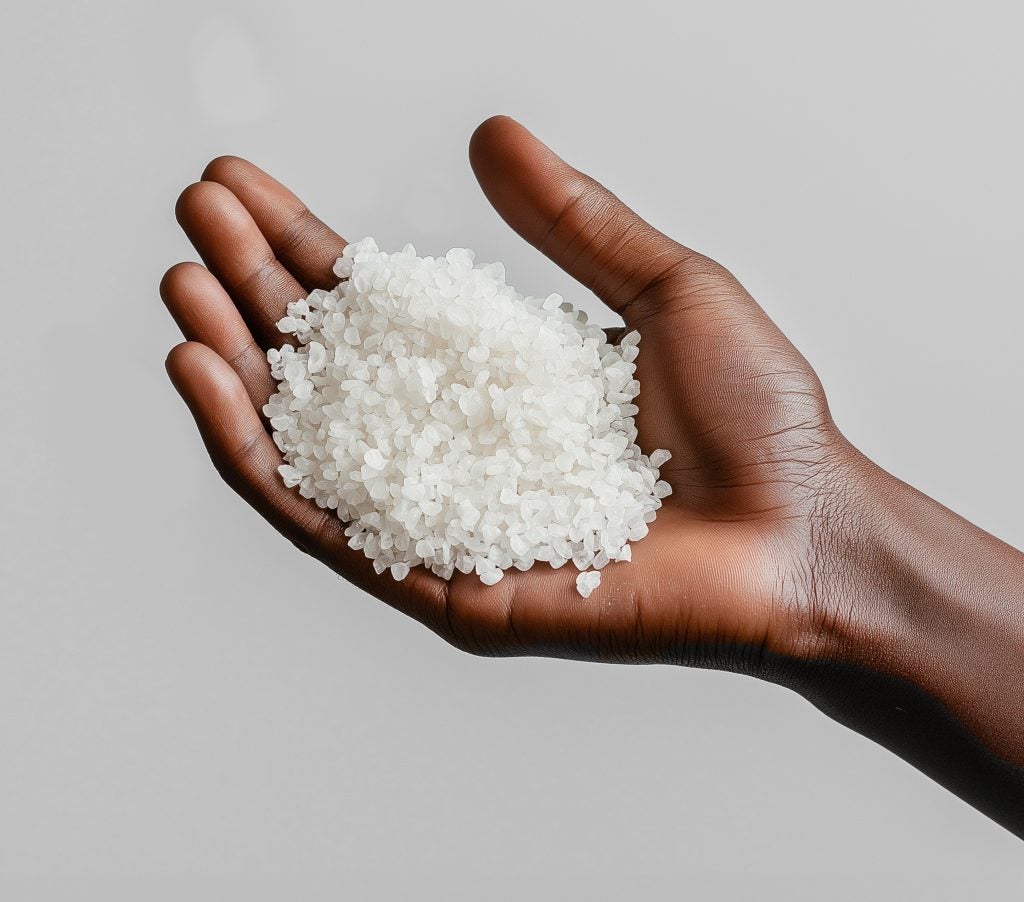
Reju guarantees textile-to-textile traceability, ensuring that waste materials are tracked throughout the process and that the resulting products meet high standards of transparency and accountability. By establishing this infrastructure, Reju is addressing the urgent need for scalable solutions to the global textile waste problem and setting a new approach for the industry to follow.
Developing a comprehensive ecosystem through strategic partnerships
Reju’s impact is further strengthened by its partnerships with organizations such as Goodwill, WM, NFT, Rematrix, Cibutex, as well as Antex and Utexa which are instrumental in building a robust ecosystem for textile recovery and regeneration. In North America, Reju is collaborating with Goodwill—the largest workforce development network and secondhand retailer in the region—and WM, a leading provider of environmental solutions. Together, they are piloting regional systems for textile collection, sorting, and recycling, aiming to divert more nonwearable textiles from the waste stream.
This collaboration is designed to create a model where textiles unsuitable for resale are provided to Reju as feedstock for regeneration, supporting the development of a circular textile-to-textile ecosystem. Goodwill’s extensive network of over 3,300 stores and donation centers, which are accessible to 83% of the U.S. population, positions it as a key partner in scaling textile recovery efforts. The initiative also builds on research funded by the Walmart Foundation to assess fiber composition and develop systems for transforming unsold textiles into recycling feedstock.
In Europe, Reju’s partnership with Cibutex—a cooperative of companies in the textile service sector—focuses on collecting and processing post-use business textiles. Cibutex’s member companies supply secondary raw materials derived from post-consumer textile waste, which are then processed at Regeneration Hub Zero and future Reju facilities. This partnership ensures that business textiles are reintroduced into the production cycle, closing the loop and supporting compliance with new regulatory requirements for textile waste collection in the EU.
These strategic partnerships not only enhance the supply of recyclable feedstock but also foster collaboration across the value chain, supporting the development of a comprehensive and scalable circular textile economy.
Operational efficiency and technological expertise
Reju’s operational model is characterized by the integration of advanced technology and engineering expertise, enabling the company to scale textile waste regeneration efficiently and effectively. The company leverages technology developed by IBM Research, which is now owned and further developed by Technip Energies, to create a new circular system for recovering, regenerating, and recirculating textile waste.
Technip Energies’ extensive experience in engineering and construction, combined with Reju’s recruited team of industry veterans, allows for rapid expansion and deployment of regeneration hubs. This operational efficiency is critical for addressing the scale of the textile waste problem and for meeting the demands of brands and retailers seeking sustainable solutions.
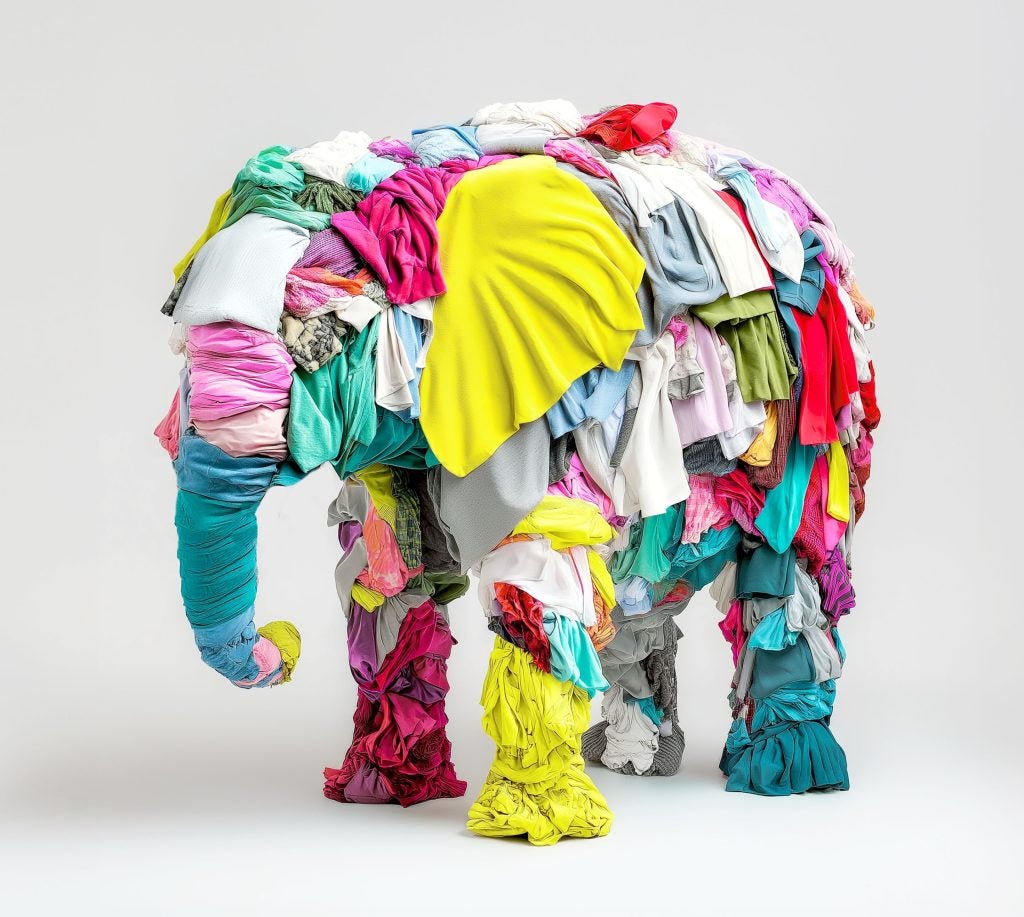
Reju’s commitment to traceability ensures that every step of the regeneration process is monitored, from the collection of waste textiles to the production of new polyester. The company’s technology is designed for infinite regeneration, meaning materials can be recycled repeatedly without loss of quality. This approach not only reduces the carbon footprint of textile production but also supports compliance with emerging regulations and industry standards for sustainability.
Supporting workforce development and community initiatives
Reju’s sustainability initiatives extend beyond environmental impact to include job creation and community support through its collaboration with Goodwill and career advancement opportunities for individuals facing barriers to employment. In 2023 alone, Goodwill recovered the value of over 4.3 billion pounds of donated products, supporting services for more than 1.7 million people.
Revenue generated from the sale and recycling of textiles stays within local communities, funding essential services and workforce programs. By recovering the value in nonwearable textiles and transforming them into feedstock for regeneration, Reju and its partners help create additional revenue streams that support Goodwill’s mission. This integrated approach ensures that the benefits of circularity are not limited to environmental outcomes but also contribute to social and economic development within the communities involved.
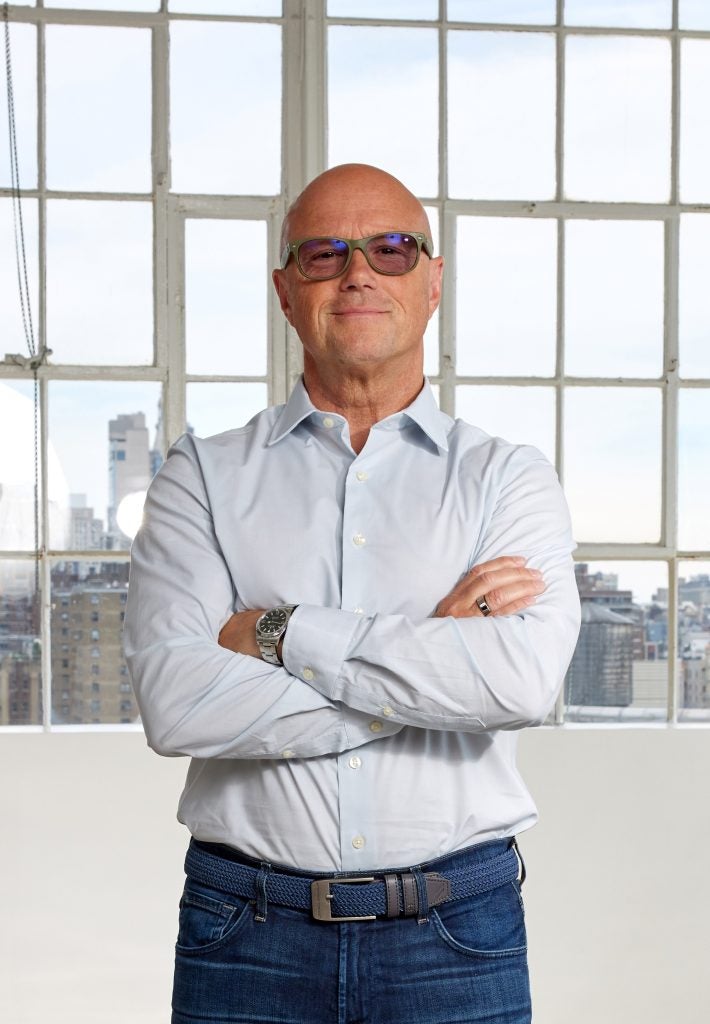
“We believe the future of fashion lies in regeneration, not waste. This recognition from Just Style is a testament to the power of innovation, collaboration, and purpose-driven action. Regeneration Hub Zero, our partnerships with organizations like Goodwill and Cibutex, and the technology we integrated with IBM and Technip Energies are part of our mission to build a truly circular textile system. Together, we’re not only reducing carbon impact, but also creating jobs, strengthening communities, and proving that sustainability can scale. This is just the beginning.”
– Patrik Frisk, CEO, Reju
Company Profile
Reju is a materials regeneration company focused on creating innovative solutions for regenerating post-consumer polyester textiles and PET waste. Owned by Technip Energies and utilizing technology originating with IBM research, Reju is driven by their purpose to unlock infinite possibilities within finite resources and aims to establish a global textile recycling circular system to regenerate and recirculate post-consumer polyester textiles from mixed waste.
Since its launch at the end of 2024, Reju has taken major steps to advance circularity in the textile industry. Reju built their first demo plant Regeneration Hub in Frankfurt in under one year; partnered with Goodwill and Waste Management in the US on a plan that will advance textile recycling in North America; collaborated with Nouvelles Fibres Textiles to automatically sort clothing and disruptors (zippers, buttons etc); announced a partnership with Cibutex in Europe establishing an ecosystem among their member companies and a partnership with Rematrix in Europe securing sustainable textile supply.
In May 2025 Reju announced the site selection of Regeneration Hub One, its first industrial size textile-to-textile recycling center that will be located on the Chemelot Industrial Park in Sittard-Geleen, Netherlands. Regeneration Hub One aims at accelerating Reju’s path to build a circular infrastructure for post-consumer textile waste regeneration at scale. This strategic location will enable Reju to leverage existing infrastructure and industrial synergies to scale its operations efficiently.
The Hub’s ambition is to regenerate the equivalent of 300 million articles annually that would otherwise end up as textile waste, resulting in a production capacity of 50,000 tonnes of rBHET per year and will then be repolymerized into Reju PET. This output, originating from textile waste, will be transformed into Reju Polyester with 50% lower carbon emissions than virgin polyester. The Reju Polyester will then be reintroduced into the downstream supply chain, where it will be converted into yarns and fabrics ready for consumer use.
Textile consumption in Europe has grown from 17kg per person in 2019 to 19kg per person in 2022 – enough to fill a large suitcase for every person living in Europe. As a result, textile waste increased too. In the EU Member States, in 2022, about 6.94 million tonnes* of textiles were discarded and likely to be burnt or buried. Through collaboration with upstream partners, Reju will be ensuring textile-to-textile traceability.
Through collaboration with upstream partners, Reju will ensure textile-to-textile traceability for waste that would otherwise be buried, burnt, or dumped.
Contact Details
E-mail: helloworld@reju.com
Links
Website: https://www.reju.com/





